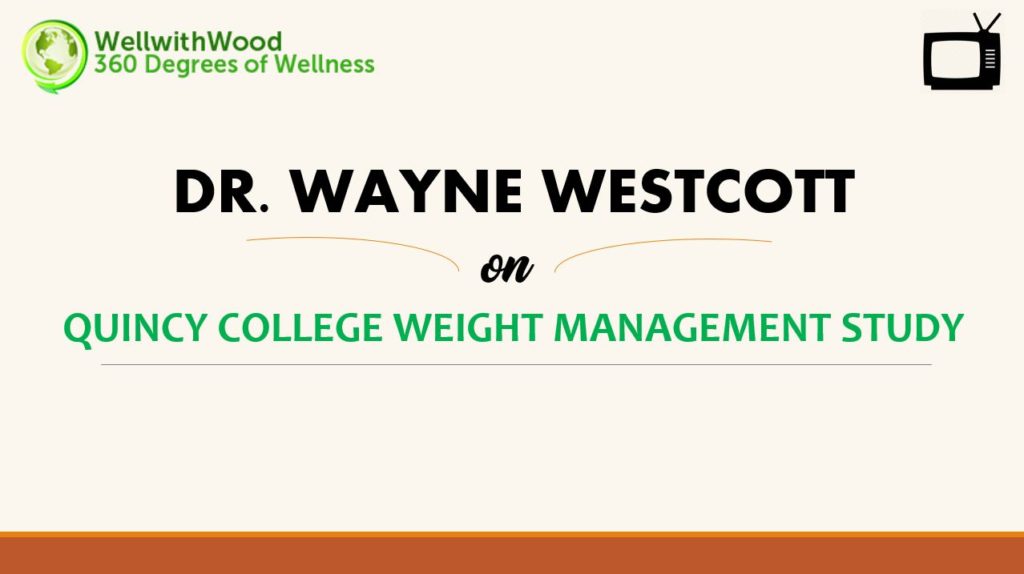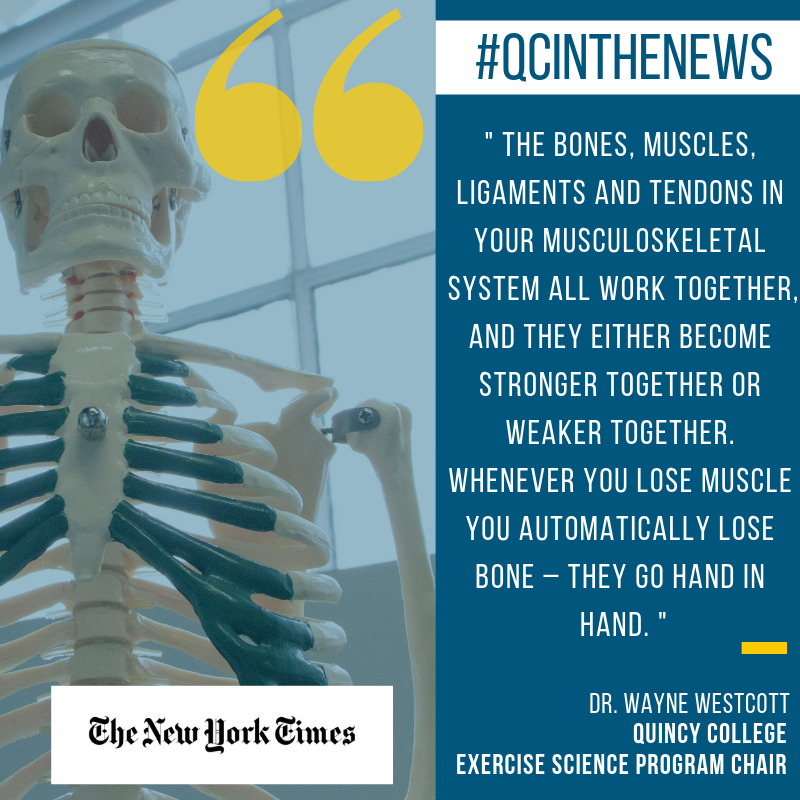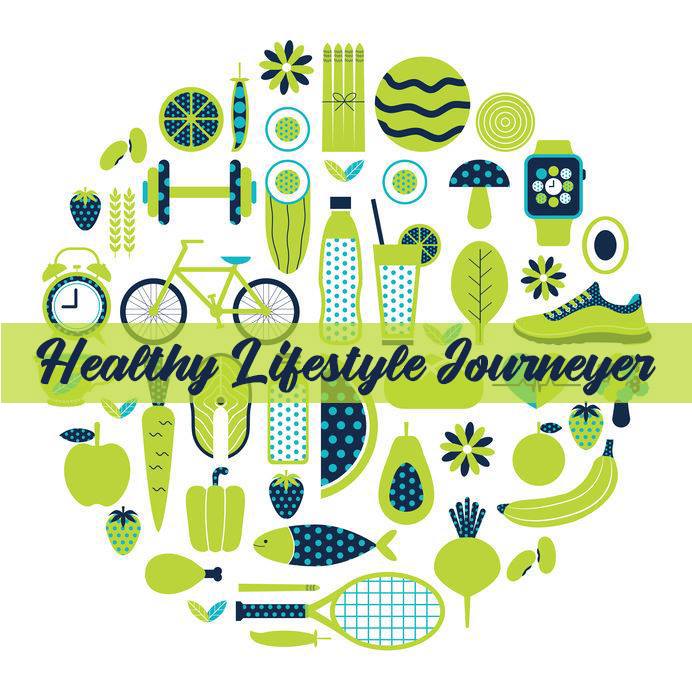WEIGHT MANAGEMENT STUDY, Quincy College: Dr. Wayne Westcott
Category: Healthy Weight


Wayne L. Westcott, Ph.D., CSCS, is Director of Exercise Science at Quincy College in Quincy, MA. Dr. Westcott has been a strength training consultant for numerous organizations, including the U.S. Navy, the U.S. Air Force, the American Council on Exercise, the YMCA of the USA, General Motors, and Nautilus.
HOW EXERCISE and NUTRITION EFFECTS BODY COMPOSITION and BLOOD MEASURES in OVERWEIGHT ADULTS
Why was this study done?
Most people think that losing weight can be accomplished through reduction of calories. This approach to weight loss is common, but typically fails to result in successful weight loss. Much of the reason for this failure is the loss of lean body mass that occurs with calorie restriction. This study was undertaken using a structured meal plan along with exercise to discover what effects such a plan has on body composition and other measurements of health.
What did the study find?
In the longest and largest study of its kind, this study discovered that a combination of exercise and a specific structured meal program was more effective than exercise alone at producing positive effects on body composition (reduction of fat mass, maintenance of lean body mass). Those who participated in an exercise plus meal program achieved clinically meaningful weight and fat loss – while not losing lean body mass. Participants of programs without nutritional support and exercise typically lose 3.5 pounds of lean body mass during similar study periods. Participants in this study gained 3.7 pounds of lean body mass and experienced significant improvements in blood pressure and hemoglobin A1c during the study period.
Exercise and Nutrition Effects on Body Composition and Blood Measures in Overweight Adults.
Westcott W, Colligan A, Puhala K, Lannutti K, La Rosa Loud R, Vallier S. Journal of Exercise Physiology Online. 2017 Feb 1;20(1).
Read Study Publication
Dr. Wayne Wescott discusses participants’ weight-loss successes with Shaklee nutrition in a ground-breaking new study.


Facebook Comments